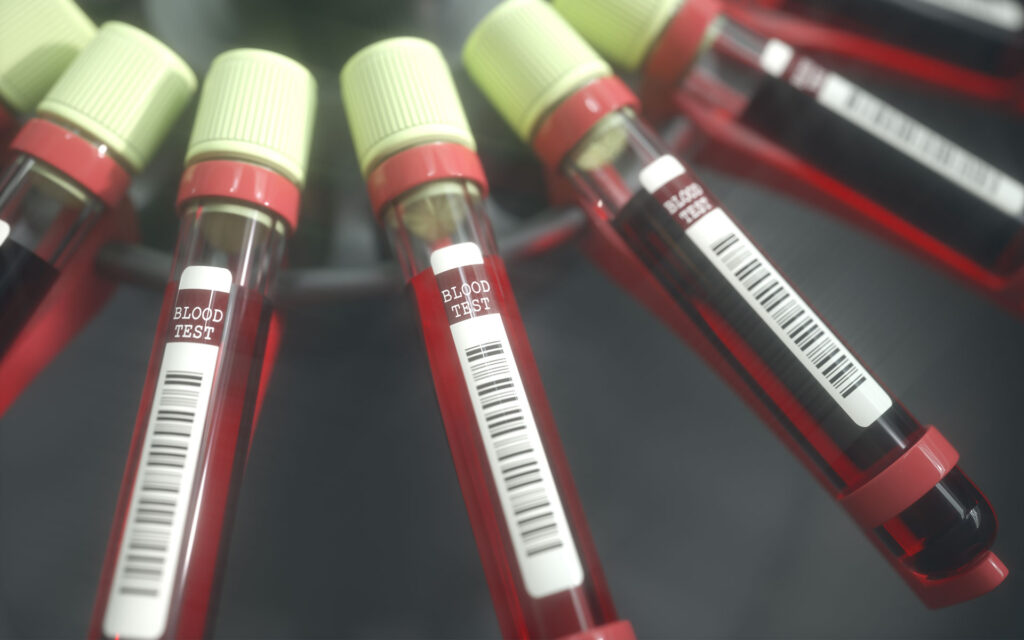A new prognostic blood test can accurately predict who will develop Alzheimer’s disease in the future.
A Dutch-German research team led by biophysics professor, Klaus Gerwert, and Julia Stockmann, from Bochum Research Center for Protein Diagnostics, has found that their blood test, called the Immuno-Infrared Sensor, can accurately detect who will develop Alzheimer’s disease based upon the presence of a specific protein.
The protein, beta-amyloid, becomes misformed folding over on itself, and eventually forms clumps known as beta-amyloid plaques, one of the hallmark pathological features of Alzheimer’s disease.
The research team found that the misfolded proteins can be detected in blood before any clinical symptoms are present. They studied 203 subjects all of whom were given a battery of Alzheimer’s diagnostic tests. However, one of them qualified for a clinical diagnosis of dementia.
The blood tests revealed misfolded proteins to varying degrees in all 22 subjects who would go on to develop Alzheimer’s disease within the next 6 years. If they had severe misfolding the disease showed up on average within 2.2 years. If the misfolding was mild, the disease manifest, on average 3.4 years later. The research team calculated that with mild protein misfolding one’s risk of a subsequent diagnosis was 11-fold higher. If subjects had severe levels of such proteins, their riks was 19-fold higher.
Julia Stockmann, Inge M. W. Verberk, Nina Timmesfeld, Robin Denz, Brian Budde, Julia Lange-Leifhelm, Philip Scheltens, Wiesje M. van der Flier, Andreas Nabers, Charlotte E. Teunissen, Klaus Gerwert. Amyloid-β misfolding as a plasma biomarker indicates risk for future clinical Alzheimer’s disease in individuals with subjective cognitive decline. Alzheimer’s Research & Therapy, 2020; 12 (1) DOI: 10.1186/s13195-020-00738-8






